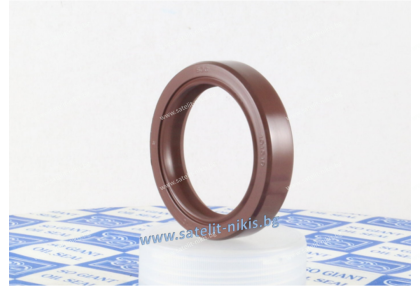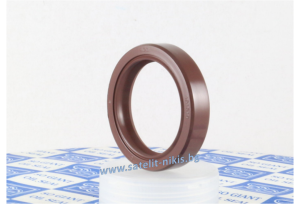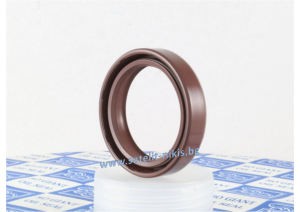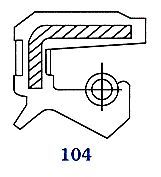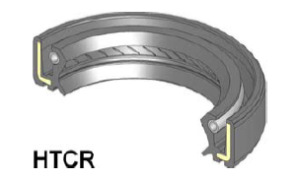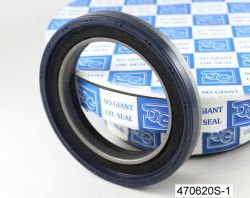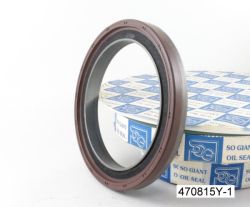Oil seal AS (TC) 45x61x6 R NBR SOG/TW , for torque coupling of LEXSUS,TOYOTA 90311-45025
-
Code:47045061066
-
Weight:0.005 Kgs
Oil seal type AS (TC), with dust lip and with spring.
Material: fluoride rubber ( FPM)
Helix:right
Suitable for:
Lexus NX200, Lexus NX200t ,Lexus NX300h, Toyota Allion, Toyota Alphard ,Toyota Auris, Toyota Avensis, Toyota Blade, Toyota C-HR, Toyota Corolla, Toyota Corolla Axio, Toyota Corolla Fielder, Toyota Corolla Levin, Toyota Corolla Rumion, Toyota Esquire ,Toyota Estima, Toyota Harrier, Toyota Isis ,Toyota Mark X, Toyota Mark X Zio, Toyota Noah, Toyota Porte, Toyota Premio, Toyota Previa, Toyota Probox, Toyota RAV4, Toyota Ractis, Toyota Sienta, Toyota Spade ,Toyota Succeed, Toyota Tarago, Toyota Vanguard ,Toyota Vellfire, Toyota Verso, Toyota Vitz ,Toyota Voxy, Toyota Wish, Toyota Yaris, Toyota ist
Manufacturer: SO GIANT OIL SEAL INDUSTRIAL CO., LTD
For delivery options to your country, please do not hesitate to contact us!
Product photos are for illustrative purposes and may differ from the actual appearance of the item. This does not affect the characteristics of the product.
Estimated Shipping
 to Targovishte starts at
€3.11
outside Targovishte starts at
€3.21
to Targovishte starts at
€3.11
outside Targovishte starts at
€3.21
 outside Targovishte starts at
€3.09
to Targovishte starts at
€3.09
outside Targovishte starts at
€3.09
to Targovishte starts at
€3.09
Fluororubber properties:
Standard color: brown
Excellent resistance to mineral oils, aliphatic and aromatic hydrocarbons, as well as hydrocarbons containing chlorine, concentrated and dilluted acids, weak alkalis. Its excellent heat resistance (up to +200°C), as well as cold resistance (-30°C), depending on the type of seal, along with its good mechanical properties and remarkable aging resistance, place fluororubber well above the traditional synthetic rubbers. It is especially suitable for high peripheral velocity applications.
Advantages:
- excellent heat resistance within a wide temperature range: from -30°С to 200 °С
- superior resistance to oil and fuels as compared to other rubber types
- the only highly elastic rubber which is resistant to aromatic and chlorinated hydrocarbons
- negligible gas permeability
- excellent weather and ozone resistance
- excellent acid resistance to both concentrated and dilluted acids
- good resistance to weak alkalis
- low swelling in water
Limitations:
- limited flexibility in cold conditions
- limited tensile and tear strength
- limited wear resistance
- high compression set in hot water
- poor resistance to polar solvents


